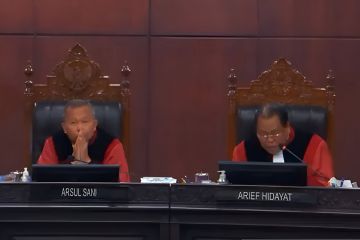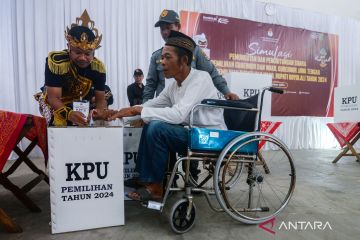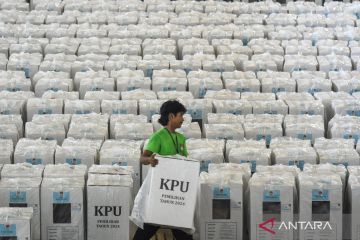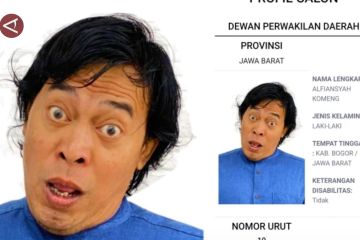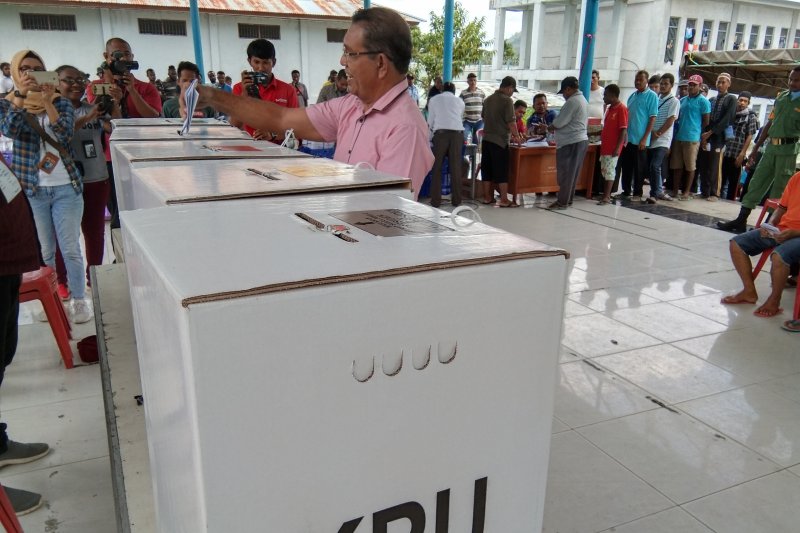
"It is known to all that deaths among officers were primarily due to fatigue," he pointed out.A political observer pointed out that officers in charge of executing the legislative and presidential elections simultaneously on April 17, 2019, were not fully prepared to carry out duties of such epic proportion.
"The high victim count lays bare the fact that the election executors lacked the required preparedness to hold such a massive event on one day," Anggalana, University of Bandarlampung's political scientist, noted here on Friday.
Anggalana opined that theoretically, the General Election Commission (KPU) should have been able to hold the elections smoothly, but executors encountered on-field difficulties in executing the tasks.
The observer believes the area of concern was the task overburden in the face of time constraints arising from adopting the single-day election approach, so for the subsequent time, the ballot counting and polling should be on separate days.
"With more than a day in hand, officers will be able to take a break. In the recently concluded elections, the organizers toiled protracted hours, from the early hours of dawn until 10 p.m. local time and also extending until the next morning to continue the ballot counting process," he remarked.
Moreover, the KPU should increase the number of polling stations, so that on-field officers are not overburdened on the polling day, he stated.
"It is known to all that deaths among officers were primarily due to fatigue," he pointed out.
Anggalana suggested that a polling station catered to 200-300 eligible voters during the day of the 2019 simultaneous election, when preferably, it should be serving no more than 100-120 voters to ensure efficient workflow.
He also came up with the idea of organizing the subsequent elections digitally if Indonesia would hold another simultaneous elections subsequently, with close to seven different ballot cards.
KPU's data on Thursday afternoon indicated the death toll of election officers touching 225, while 1,470 others had fallen sick across Indonesia. Exhaustion and traffic accidents due to being overworked were the leading cause of deaths.
Furthermore, 33 officers of the local election supervisory offices (Panwaslu) and 16 policemen lost their lives after putting in lengthy hours of work during the elections.
The April 17 elections were viewed as being the world's largest and most complicated single-day elections, with over 192 eligible voters having to make their choice of president, vice president, members of the House of Representatives (DPR), senators of the Regional Representative Council (DPD), members of Provincial Legislative Council (DPR I), and members of the District/Municipality Legislative Council (DPRD II).
EDITED BY INE
Editor: Eliswan Azly
Copyright © ANTARA 2019






